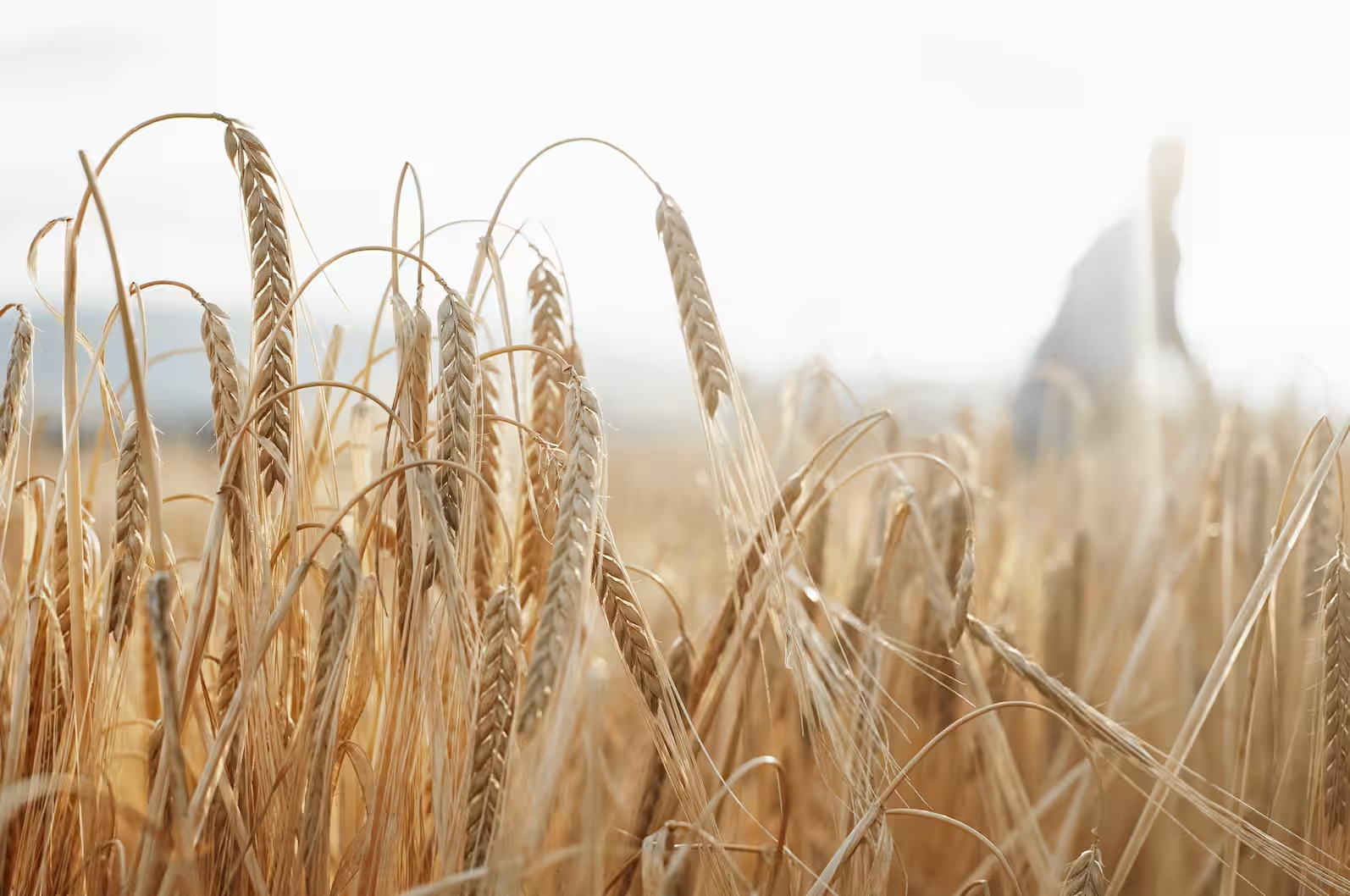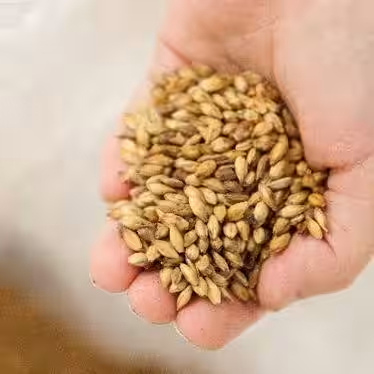REGENERATIVE AGRICULTURE PILOT

GOOD THINGS ARE TAKING ROOT
At Guinness, we are ‘all in’ for the long haul – for our people, our products, our partners and our planet. We are only 263 years into our 9,000 year lease at the St James’s Gate brewery and we will never settle in pursuit of a better, more sustainable future for all.
We understand our responsibility to play our part in regenerating the productive landscapes and communities which we depend on, which is why we are undertaking one of the most ambitious regenerative agricultural trials to take place on the island of Ireland.
OUR AMBITION
We are working alongside Irish barley farmers to support them on the transition towards regenerative agriculture. We aim to scale the adoption of practices that employ nature-based solutions to support the production of low carbon barley and improve shared natural resources such as biodiversity and water under a regeneratively-grown model.

Working With Irish Farmers
Guinness is working with Irish farmers to define the most effective regenerative agriculture practices, adapted to the local context and the specific needs of Irish barley production.
We have assembled a network of partners to shape the design of this pilot and implement innovative practices, including two highly respected technical partners and local Irish agronomists.
There are five key outcomes that this three-year pilot aims to achieve:
Improvements in soil health and its carbon sequestration potential
Enhanced biodiversity
Reduction in synthetic fertiliser use
Enhanced water quality
Improved farm profitability and farmer livelihoods.
These principles are widely recognised as the fundamental building blocks for regenerative agriculture.

THE POWER OF NATURE
Regenerative agricultural practices use the power of nature to restore biodiversity and cut carbon emissions and this pilot programme is all about developing innovative approaches that can be scaled up across Ireland and in other sourcing areas around the world.
WORKING WITH FARMERS
In Ireland 42 farmers are participating in the first phase of the pilot, which represents approximately 1,400 acres of land in six counties including, Kildare, Laois, Carlow, Kilkenny, Tipperary and Wexford.

Digital Platform
A digital management system, coupled with remote sensing monitoring, is being used to help co-ordinate field operations such as soil testing, yield monitoring and cover crop assessment on participating farms.
Cover Crops
More than 7 tonnes of cover crop seed were planted across July, August and September. Cover crops are mixtures of biodiverse teams of beneficial plants that are grown in the gap between harvesting one crop and planting another. Their purpose is to protect and improve soil health by recycling nutrients.
Every cover crop grown is being monitored and will be analysed to determine how much carbon, nitrogen, phosphorus, and other nutrients are in the crop that can be recycled to the soil, building performance and resilience in the soil for future barley crops.
Baselining
Baselining farms is also underway on participating farms. A methodology that uses a Life Cycle Analysis (LCA) tool to measure the current carbon footprint of producing barley on the farm and taking very detailed soil samples to assess soil health, soil organic carbon and the soil nutrient status. Part of the process is to understand which farming activities generate the most carbon emissions, and what practical measures farmers can take to reduce them, without compromising crop yield or grain quality.
WHAT'S NEXT AFTER BASELINING?
What’s Next After Baselining?
When baseline data is collected and analysed, the information will be given back to farmers to discuss the results, what it means to them and highlight the main pathways to implement regenerative practices to cut CO2e emissions and improve environmental performance relative to the 2022 baseline.
SOCIETY 2030: SPIRIT OF PROGRESS
The Guinness Regenerative Agriculture pilot forms part of Diageo’s wider 10-year sustainability action plan, Society 2030: Spirit of Progress, and the company’s commitment to achieve net zero carbon emissions across its direct operations and a 50% reduction in scope 3 emissions by 2030.
